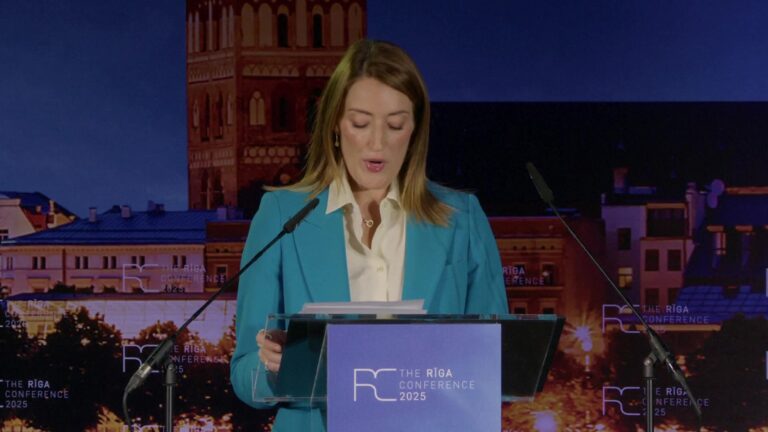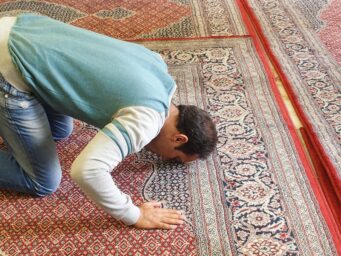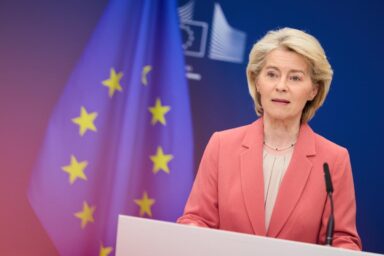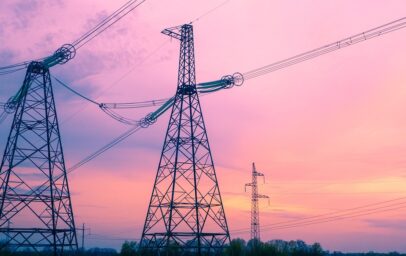The president of the European Parliament, Roberta Metsola, delivered a key address at the Riga Conference on Friday, focusing on defence and security in Europe. In her remarks, Metsola acknowledged the growing security threats facing the EU, admitting that the bloc should have heeded warnings from its Eastern Flank allies much sooner.
“The point I concede,” she said, “was that we should have listened sooner. For years, Latvia, Estonia, Lithuania, Poland, Finland (…) you all warned us about what was coming.”
What was coming, she went on although it was clear to most, had been the annexation of Crimea in 2014; Kremlin-sponsored disinformation campaigns, hybrid attacks on civilian infrastructure, and Russia’s invasion of Ukraine in 2022, a war still raging. More recently, Russia had focused on military drone incursions beginning in Poland and Latvia and going as far west as Germany and Denmark.
“These are not isolated incidents,” she said: “what we are facing is a new level of provocation on land, at sea and now in the air.”
You might be interested
Having been in Kyiv recently, Ms Metsola warned that it was all too apparent that drones had become the “primary weapon of war.” The threat, she indicated, had to serve as “Europe’s rallying call”.
Self-reliance
The shift, all the more apparent and urgent, is for Europe to be more responsible for its own security, something driving not just many lawmakers in Parliament but also members of the Council and Commission. Interoperability and preparedness are two aspects that the bloc needed to sustain and improve, and Ms Metsola said she was relieved to have noticed that the mindset had changed and that such threats were no longer being ignored. Defence spending, she said, had increased by more than 30 per cent since 2021, while NATO members (with the exception of Spain) had committed to raising defence budgets to five per cent of GDP.
We should have listened sooner. For years, Latvia, Estonia, Lithuania, Poland, Finland (…) you all warned us about what was coming. – Roberta Metsola, President of the European Parliament
The alliance, which counts 32 members, agreed in June 2025 to significantly increase defence spending over the next 10 years. But Spanish Prime Minister Pedro Sánchez said at the time that Madrid would only raise its spending to 2.1 per cent, drawing a rebuke from US President Donald Trump just this week, suggesting Spain could be “thrown out”. On Friday, the country’s defence minister countered by defending Spain’s commitment, including 3,000 troops deployed on the eastern flank.
Cooperation
Working together on defence and procurement, EP President Metsola said in Riga, was essential moving forward, counting 27 states and 178 different weapons systems. Without compatibility, all efforts “risked falling short”. Europe, including its Parliament, Council and above all Commission, has shifted dramatically – from its dedication to rearming Europe to creating the SAFE defence loan fund, there has been a significant paradigm shift, while Ukraine continues to fight on the front lines. The need to operate as “one system” is what one European security architecture must be designed to deliver, Metsola explained: “To act faster, with more impact, with one voice.” Alongside NATO and the US.
“In this dangerous world,” she stressed, “it makes sense for more partnerships, not less.”
The head of Parliament repeated she hoped to use her stay to pursue closer cooperation and mentioned the importance of dual-use projects, including drone technology, which could be produced by Ukraine, which has the know-how and experience directly from the field.
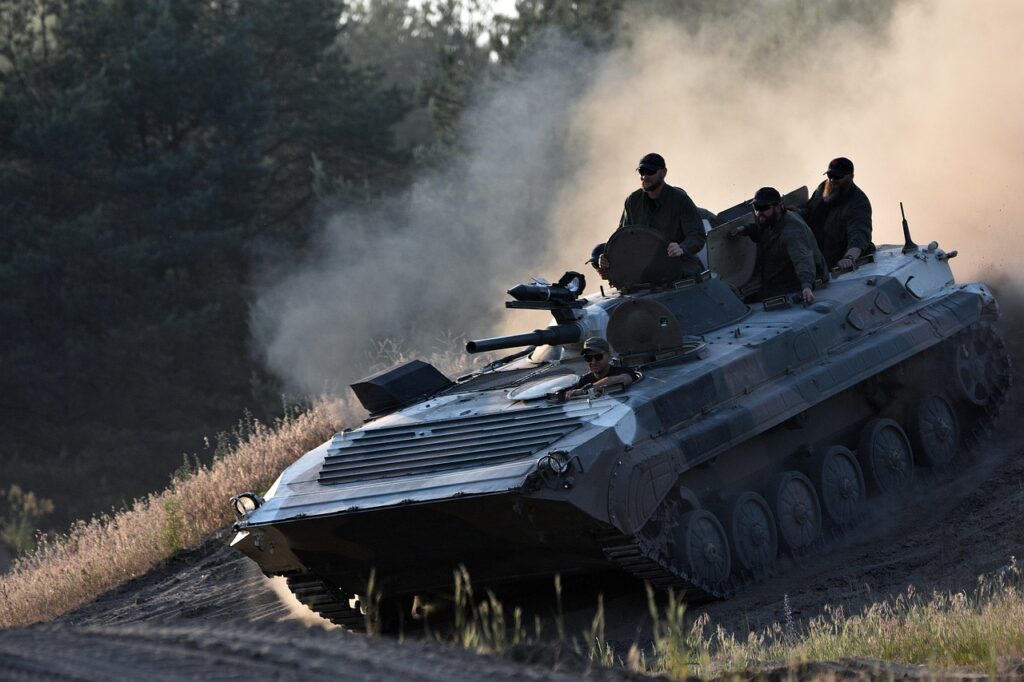
European readiness
She closed by saying that the new security ecosystem would not matter if states did not keep Ukraine at the top of their list. That it was important for nations to fight against war fatigue and for the EU to continue to cut – Russian oil and gas. In discussing the war, she also touched on the sliver of peace in another region, the Middle East, in Gaza. There, the pieces have begun falling into place and have looked increasingly hopeful just after the two-year mark since the conflict was sparked by Hamas.
The Riga Conference, running for almost two decades, is one of Europe’s leading forums for strategic dialogue on foreign and security policy. Held annually in the Latvian capital, it gathers senior political leaders, defence experts, diplomats, and academics from across the transatlantic space. The event plays a key role in shaping Europe’s response to emerging threats, particularly those affecting NATO’s Eastern Flank. With war continuing in Ukraine and geopolitical tensions on the rise, this year’s conference, is being seen as especially timely and critical to reinforcing Europe’s collective security posture.
